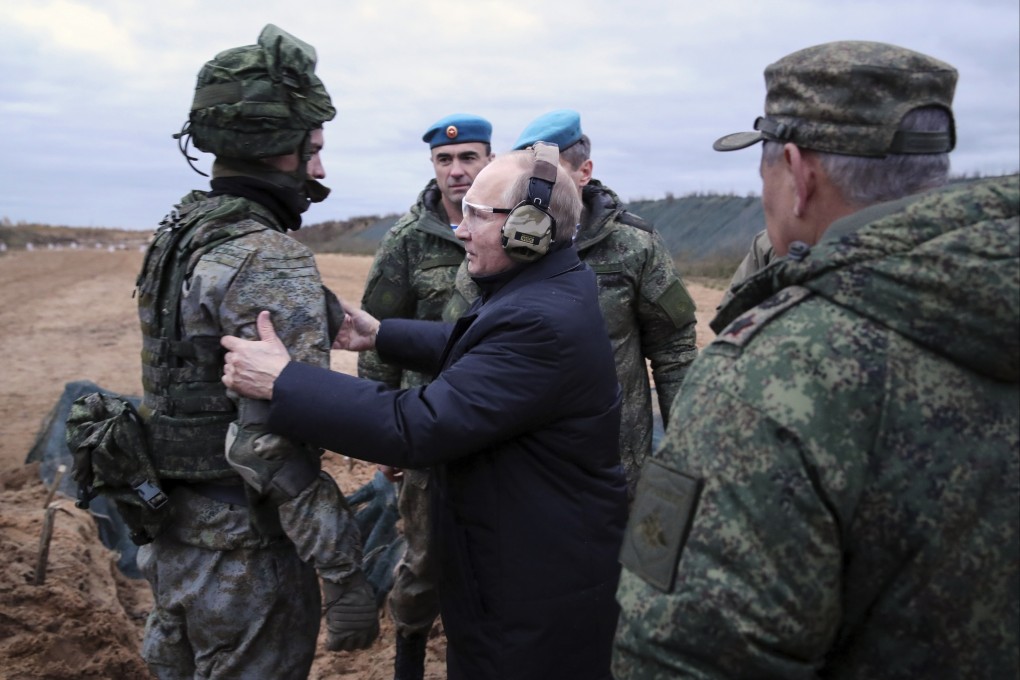Opinion | Ukraine war: West must grasp Putin’s world view to avoid further Russian surprises
- Basic national narratives such as the threat of invasion, creating a ‘Russian world’ and protecting pure Christianity are driving Putin’s actions
- Rather than challenging them with facts and rational argument, what is needed are efforts to control the narrative and move it in a new direction

Russian President Vladimir Putin’s world view is heavily shaped by a few basic national narratives, and he has toggled back and forth among them as he has become more desperate to convince Russians – and perhaps himself – that the war in Ukraine is worth fighting. If the West had understood this, it might not have been repeatedly surprised by his decisions.
What I have in mind are three key narratives: the threat of invasion by alien enemies, the mission to recreate a unique Russian world (“Russkii Mir”) that includes Ukraine, and the mission of defending traditional values and pure Christianity in global struggle with the “satanic” West.
Alien invasions of Russia include the Teutonic knights and the Mongols in the 13th century, the Poles in the 17th century, the Swedes in the 18th century, the French during the Napoleonic Wars of the 19th century and the Germans of the 20th century.
The narrative habits around these past existential threats are now being applied to Nato and the West. But when these habits are used to justify the Russian invasion of a sovereign nation like Ukraine, they have run amok and are counter to international norms and laws Russia itself has proclaimed.
